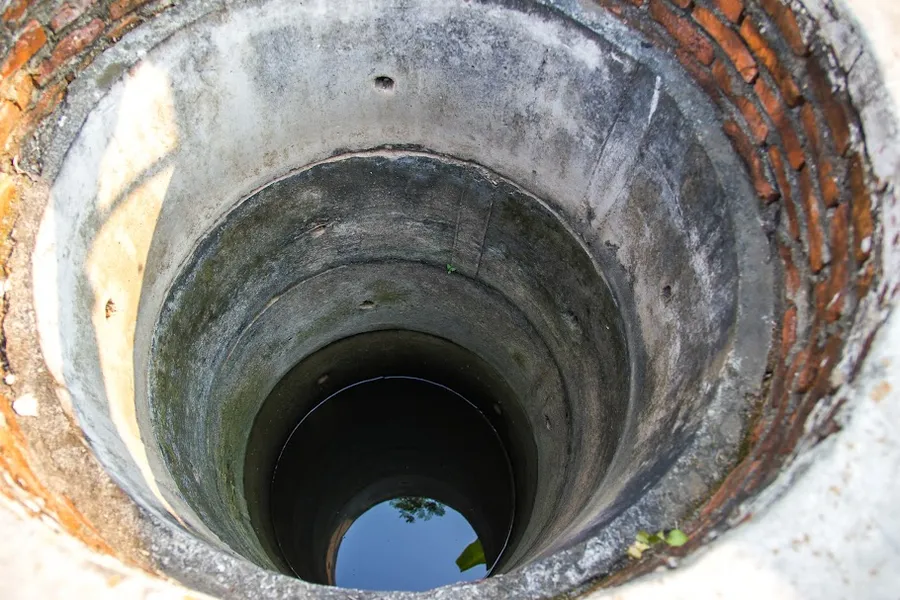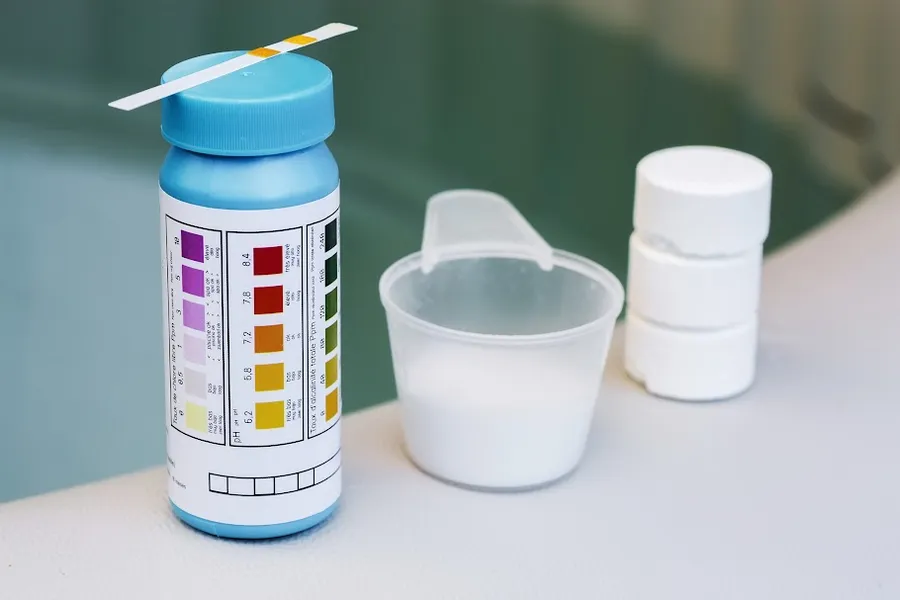Understanding the Importance of Regular Testing for Your Home
Ensuring the safety and quality of your home’s water supply is crucial. For those who rely on a well, regular testing can prevent potential health risks and maintain water quality. Understanding when to schedule these tests is vital for keeping your drinking water safe. This article will guide you through the key aspects of routine testing, its benefits, and expert recommendations to ensure you know exactly when and why to test your well water.
The Necessity of Regular Testing
Routine testing of well water is essential as it helps detect contaminants that could affect health. Many homeowners may overlook scheduling consistent checks, but doing so ensures that any harmful substances are identified before they become a problem. Monitoring your water regularly also helps in maintaining its taste and appearance.
Factors That Affect Testing Frequency
Various factors influence how often you should conduct well water testing. These include local environmental conditions, the age and type of your well, and any recent nearby land changes. Additional considerations involve nearby agricultural or industrial activities that might impact water quality. If you notice any sudden change in water taste or color, immediate testing is advisable.
Common Contaminants Found in Well Water
Several common contaminants can be detected during testing. These include bacteria like E. coli, nitrates from fertilizers, and heavy metals such as lead. Knowing what might be lurking in your water supply is critical for health safety. A regular schedule for checking these elements helps in taking timely corrective measures.
Setting up a Testing Schedule
Creating a routine for testing involves understanding both seasonal and situational needs. Typically, annual tests are recommended; however, additional tests may be necessary after events like flooding. Use the following guidelines to maintain an effective schedule:
- Test annually for bacteria and nitrate levels.
- Conduct more frequent tests if there are known issues with nearby contamination sources.
- Schedule tests immediately after repairs or replacement of well components.
Benefits of Consistent Monitoring
Regularly scheduled testing offers numerous advantages. It provides peace of mind by ensuring your family’s health safety. It can also protect against costly damage to your plumbing due to corrosive elements. Furthermore, maintaining good records of test results creates a history that can prove valuable when selling your property.
How Professionals Conduct Testing
Well water experts use advanced methods to analyze samples effectively. They check for a wide range of contaminants using precise measurement tools. Hiring professionals also means you receive detailed reports with recommendations for any needed actions or treatments.
Expert Tips for Well Maintenance
Maintaining a healthy well goes beyond just testing. Here are some best practices:
- Keep chemicals away from the wellhead area.
- Ensure proper sealing around the well casing.
- Inspect the structural integrity of the well periodically.
By following these tips, you contribute to preserving water quality between scheduled tests.
Your Next Steps Toward Safe Drinking Water
Scheduling routine checks and understanding their importance keeps your water safe and clean. At Oasis Irrigation, we understand the significance of timely well maintenance. Our services in Orlando, FL are designed to offer peace of mind with comprehensive solutions. Contact us at (407) 495-2952 to learn how our team can assist in safeguarding your home’s water supply.

